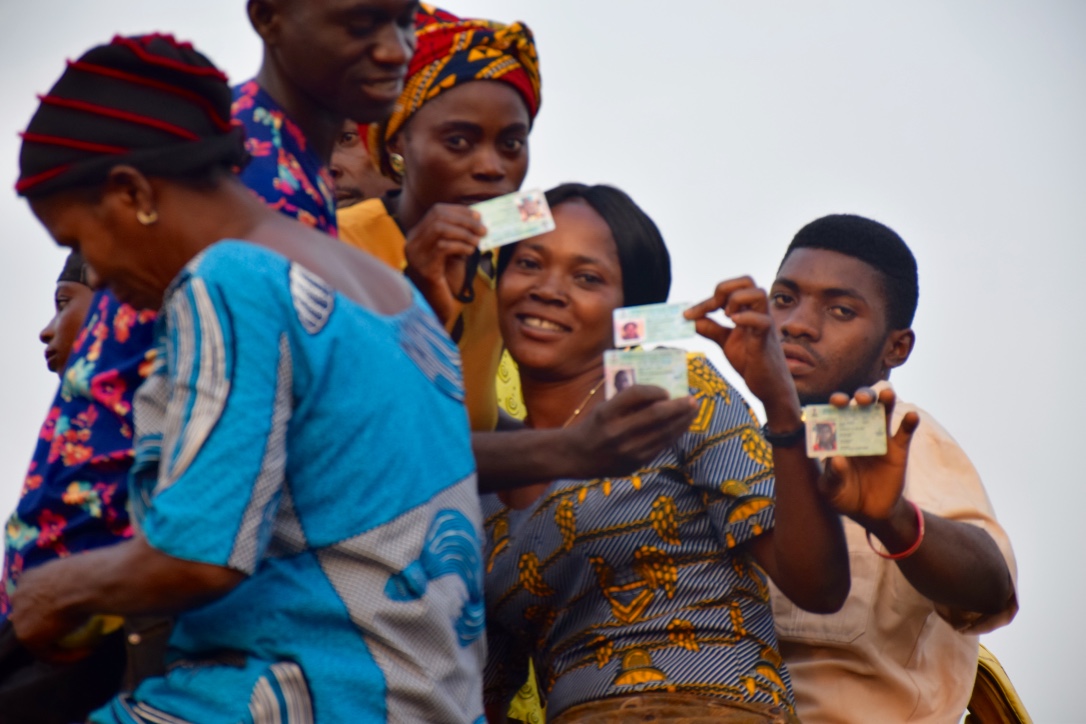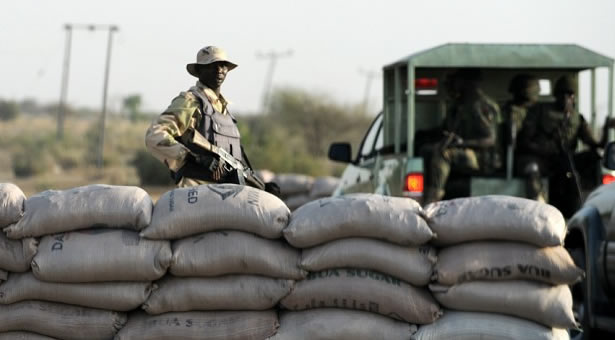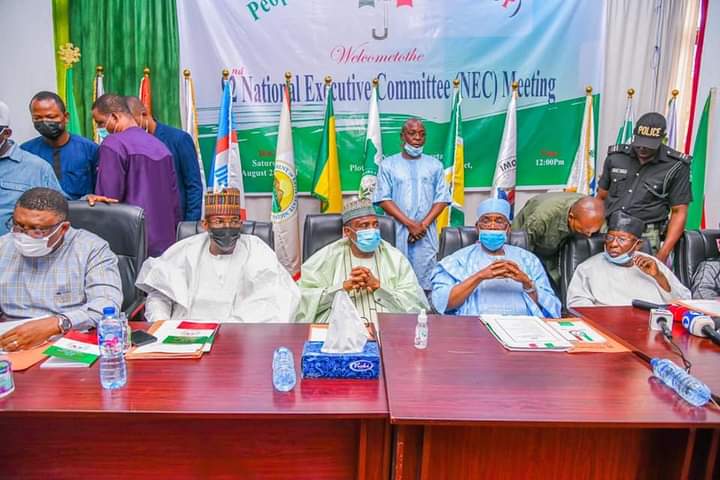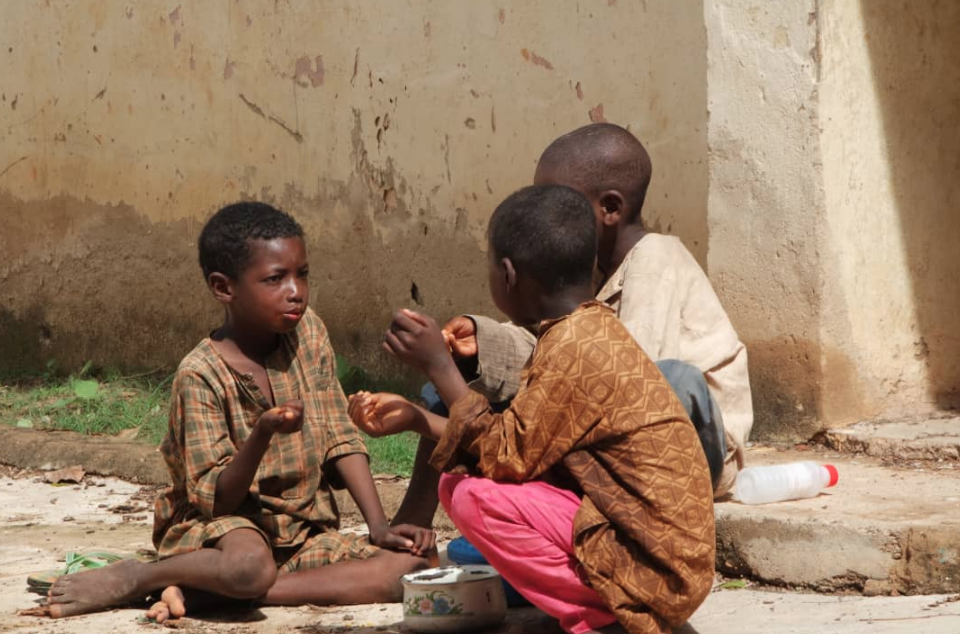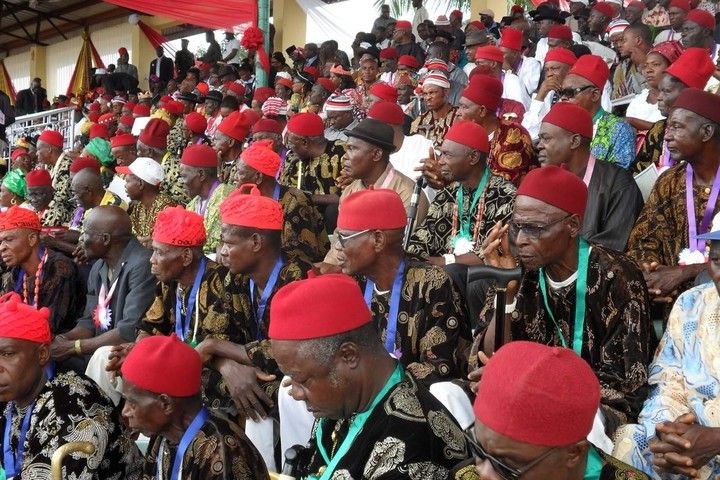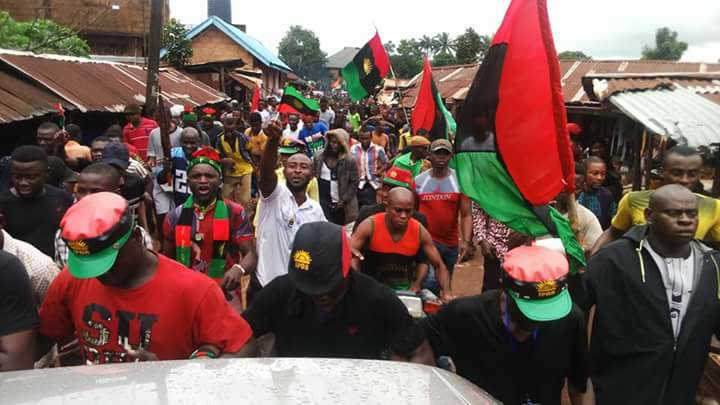BY TSEMA YVONNE EDE
The year is 2019 and I am seated in a room somewhere in a Lagos hotel with over 20 other people from different parts of West Africa. We were the West Africa fellows of the Acumen Academy Fellowship programme. We were asked to write about our countries. We were careful not to repeat the sordid stories in the news or the impression the rest of the world has about us, but to write about the country and people we represent, to be especially mindful about the reasons we loved to identify with our countries.
Initially, we wondered, what is there to love about Nigeria? Every day, Nigeria makes it more and more difficult to stay in love with it. Insecurity seems to be the order of the day. I wrote about it a while ago here. The economy is not helping, our governance systems are weak. Research by Statista stated that Nigeria is classified as a nation of hybrid democracy. In 2020, Nigeria’s democracy achieved 4.1 points, very close to being defined as an authoritarian regime (four points or less). The index, according to the source, is based on electoral process and pluralism, government functions, political participation, and culture as well as civil liberties. Electoral process and pluralism attained 5.17 points. However, Nigeria received very low scores in government functioning, political participation, and political culture, which were all below four points. A lot more people are living below the poverty line, and it looks like despondency for us all.
Hence, the need to ‘japa’.
Advertisement
What kind of positive things can be said of a country that does not protect you, preserve your rights, or even respect you? I know that a lot of us are in constant flux with the way things are going, some of us are jaded and have lost hope in things turning around for the better. What makes it worse is that it does not look like there is any hope in sight. There is a possibility that the naira will keep crashing against the dollar, that more people will seek to run to other countries in search of better living conditions.
Let me tell you again about the Nigeria I choose to see.
I see Nigeria through its people, the people I know, the people I live with, work with, party with, meet on the airplane, and interact with from time to time.
Advertisement
I do not write to diminish anyone’s experiences but I write to remind us of the things that have kept us irrepressible in the face of the uncertainties that surround us.
I see a Nigeria with people like the Acumen West Africa Fellows who have dedicated their life’s work to serve the country and humanity as they tackle poverty and injustice in their respective spaces. From people who support persons with disabilities, to people who work hard at controlling infectious diseases. People who provide clean energy, provide opportunities for rural women farmers, and support startups across the country. People who have not let anything discourage them from pouring themselves into making the country better through their work in charity, service provision, and social enterprise. I see Nigeria through the random strangers who decide to give you a room at night and warm food to eat when you are stranded in a strange town.
I see Nigeria through the random strangers who hear someone’s cry for help on social media and decide to contribute towards paying medical bills, school fees, or even provide food and board to street children. I see Nigeria through the people who establish foundations, not for selfish gain but because they want to give back. People who are changing the trajectory of lives and making dreams come true. People who are dedicated to creating opportunities for others, and people who have made it their life’s mission to transform lives.
In January 2014, a friend of mine was returning to Nigeria from the United States with her 6-week old baby, tired from long nights without sleep. A stranger noticed that she needed help and without my friend asking, she went on to take care of the child and support her throughout the trip. Until my friend landed in Nigeria, this person made sure my friend and her baby did not fret. That random act of kindness made an unforgettable impression on her.
Advertisement
In my almost 40 years of living, I have met Nigerians from different tribes and religions who show up to help me through different situations. When people say Nigerians are bad, Nigerians are lazy, Nigerians are fraudulent, I am quick to provide a counter-argument because I know that is a faulty and flawed generalisation. To say Nigerians are bad is to reduce the hard work and spirit that a lot of Nigerians apply to succeed despite the many obstacles thrown their way.
To say Nigerians are bad is to diminish the successes that a lot of our people have achieved. I also remember Dr Stella Adadevoh and the rest of the hospital staff that helped to prevent the spread of the Ebola virus in Nigeria, not concerned about their lives but willing to sacrifice the same to ensure the safety of our country. I am also reminded of Dr Dora Akunyili and how her work altered pharmaceutical treatment in Nigeria for the better. I remember those strangers who provide food for the hungry (without cameras watching), people who support children in their communities by placing them on scholarships until they complete their university education.
What is there to love about Nigeria? You ask. We talk about police reform and it seems like the government is not listening. The last time the youths took to the streets to protest against police brutality through #EndSARs, the shooting at Lekki, Lagos happened. There always seems to be no consequence for crimes in Nigeria, and justice always seems to be only for the rich.
By the way, there are bad people everywhere but solid systems keep them in check. How do we make sure that our systems work? How can we ensure that laws are enforced and rights are respected? Questions we can all ponder on.
Advertisement
I do not dispute the fact that we are living in trying times. I may be wrong to say that the future for us as Nigerians is very bright. However, I do know that Nigerians have continued to pull through circumstances that the world thought we could never recover from. That is who we are, we are a spirited and buoyant people.
A friend said to me: “Experiencing Nigeria is about being present with the people who represent that part of Nigeria. Not in any other place but in that particular place which is theirs.” The cultures, the foods, the hospitality, the people; it is truly beautiful. I agree with him, it is truly beautiful to see that kindness still resides among our people, and good things still happen among us.
Advertisement
Now tell me — what is the Nigeria you choose to see?
Tsema Ede-Okoye is a lawyer with several years’ experience in human rights, conflict & dispute resolutions, governance, and gender. She can be reached via [email protected]
Advertisement
Views expressed by contributors are strictly personal and not of TheCable.
Add a comment
